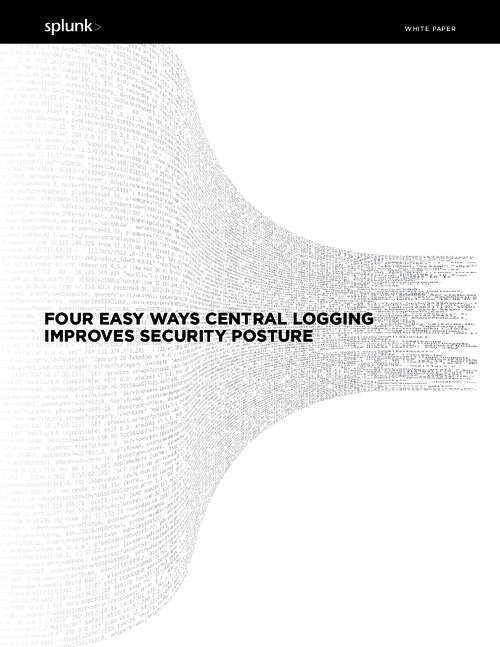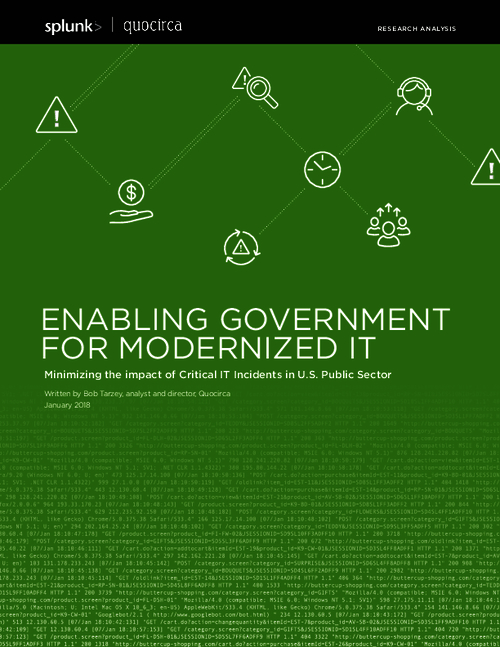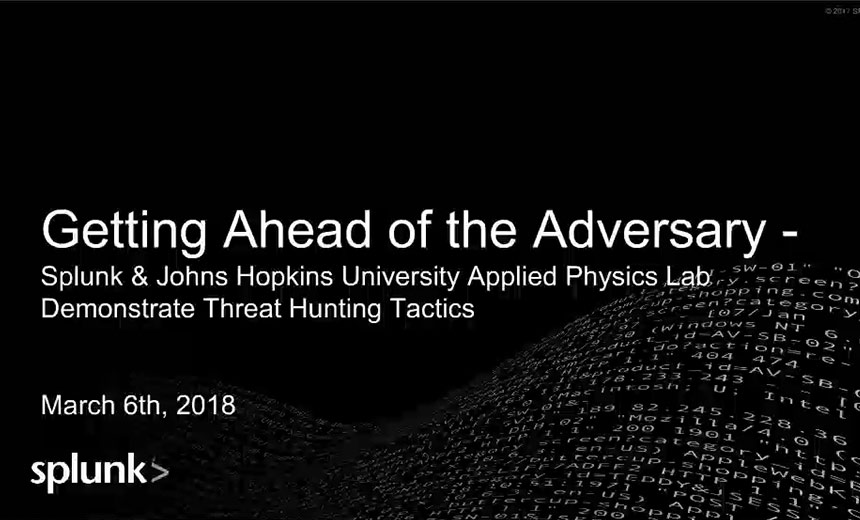Governance & Risk Management , Professional Certifications & Continuous Training
Biden Unveils CyberSec Education Effort
Federal Grant Program Designed to Help Boost Careers
Vice President Joe Biden on Jan. 15 announced a $25 million federal grant to support cybersecurity education, primarily at historically black colleges and universities, in an effort to boost careers in the field.
See Also: Keep Your Web Properties Efficient, Available, and Secure for a Better e-Learning Experience
The grant, to be provided by the Department of Energy over the next five years, will support the creation of a new cybersecurity consortium that includes those colleges and universities as well as two national labs and a K-12 district in Charleston, S.C.
In announcing the new program, Biden noted that in the wake of recent data breaches, including the hacking of Sony Pictures Entertainment, there's a sense of urgency about attracting more students to the field of cybersecurity.
"We have to move and create the programs, the opportunities, the vehicles for the brightest young Americans to be able to go into this field," he said. "The demand for cyber professionals is growing 12 times faster than the U.S. job market."
The news comes after President Obama this week made several major cybersecurity announcements, including a call for a national breach notification law as well as a plan for encouraging cyberthreat information sharing.
"[The grant program] builds on the president's announcements ... focusing on the critical need to fill the growing demand for skilled cybersecurity professionals in the U.S. job market, while also diversifying the pipeline of talent in the science, technology, engineering and mathematics fields," the White House says.
David Shearer, executive director of (ISC)², the global information security training and certification organization, notes: "There continues to be a large shortfall in trained information security professionals. Minorities and women are under-represented in the information security profession, and (ISC)² is pleased to see the White House take on this challenge."
Grant Details
The Department of Energy is establishing the Cybersecurity Workforce Pipeline Consortium with funding from the Minority Serving Institutions Partnership Program housed in its National Nuclear Security Administration, the White House says.
The Minority Serving Institutions Program focuses on building a strong pipeline of talent from minority-serving institutions to DoE labs, with a mix of research collaborations; involvement of DoE scientists in mentoring, teaching and curriculum development; and direct recruitment of students.
According to the White House, the consortium:
- Is designed as a system: It will enable students that enter through any of the partner schools to have all the options available to them to create career paths and degree options within cybersecurity, and to have access to DoE sites and facilities;
- Has a range of participating higher education institutions: With Norfolk State University as the lead, the consortium includes a K-12 district, a two-year technical college, as well as four-year public and private universities that offer graduate degrees;
- Will evolve to meet changing employer needs: The program is designed to be flexible enough to reflect the regional priorities that universities have in faculty research and developing science, technology, engineering and math disciplines and skills;
- Will diversify the pipeline of new cybersecurity specialists by working with leading minority-serving institutions.
The full list of participating schools can be found here.





















